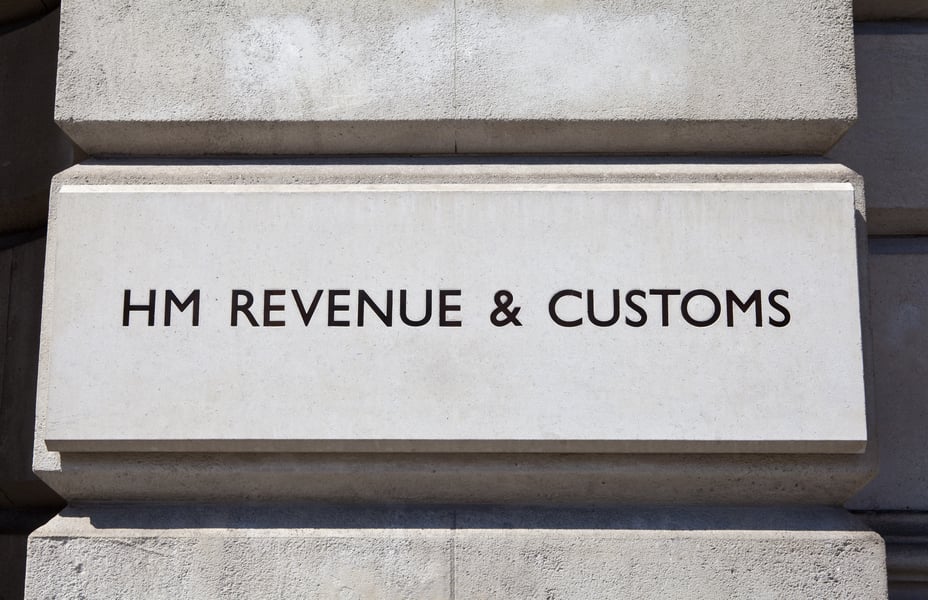However, the National Federation of Builders has cautioned the government against further delay.

Her Majesty’s Revenue and Customs (HMRC), has confirmed that the job retention scheme (CJRS) for furloughed workers is due to open on 20 April 2020.
However, the National Federation of Builders has cautioned the government against further delay.
The JRS was confirmed on 20 March 2020 and is due to backdate payments to the beginning of March but has not yet opened for applications, despite the fact that many companies have been furloughing staff for weeks already.
Jim Harra, CEO of HMRC, told MPs on the House of Commons Treasury Select Committee that he was confident the scheme would be able to handle the anticipated surge in applications when it opens on 20 April 2020.
Harra also added that he expected the scheme to make ‘payments later this month, before the 30th April’.
Richard Beresford, chief executive of the National Federation of Builders (NFB), warned: “The coronavirus job retention scheme is a welcome move by the government and will undoubtedly protect jobs but we need HMRC to meet their commitment of making payments by 30 April.
"Cash-flow in the construction industry is already at crisis point, and many companies will not have the cash to pay staff for another month, without access to the government's furlough payments”
The government has also had to answer fears that the system is vulnerable to fraud.
Chancellor Rishi Sunak allayed fears and said he is confident the emergency packages have been designed to “minimise the risk of fraud”.
He said: "That has actually influenced some of the design choices we’ve made.
"That means some people might fall between through the cracks, it means people are saying: ‘Can you not do it this way, can you include us?’, and the reason we’ve not been able to do that is to protect against exactly that, exactly the risk of fraud or spurious claims that we won’t be able to verify.
"I’m confident the decisions we’ve made will minimise the risk of fraud."



